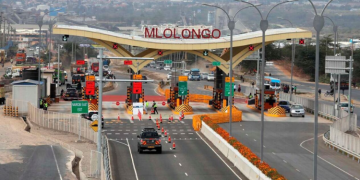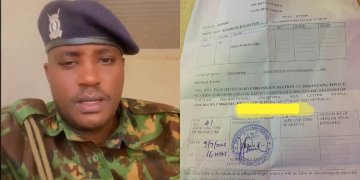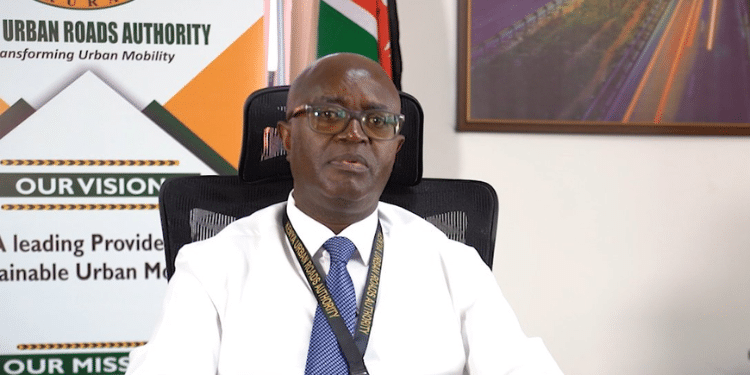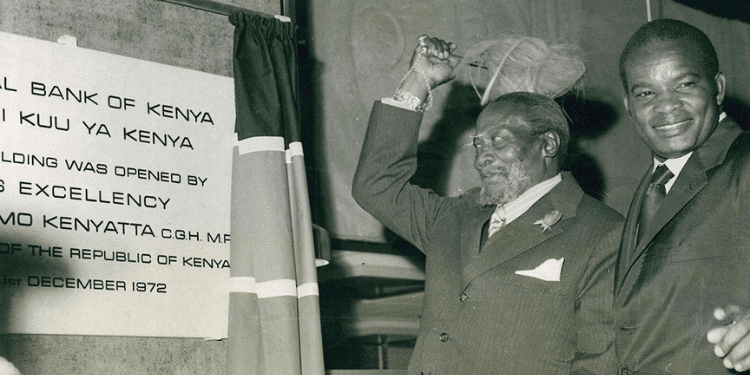Before Kenya established its central bank (CBK), the East African Currency Board (EACB) managed currency issuance across the East African region from the colonial era until independence.
The EACB served as the banker for governments, provided services to commercial banks, and helped stabilize financial fluctuations.
Upon independence, it began performing some central banking functions, providing credit to the government and lending to commercial banks for crop financing.
However, the EACB’s role was limited and did not fully meet the expectations of a central bank.
Although the idea of a single central bank for the region was discussed, it did not materialize, leading to the creation of three separate central banks for Tanzania, Uganda, and Kenya, including the Central Bank of Kenya (CBK).
The Central Bank of Kenya (CBK) was established by an Act of Parliament on March 24, 1966, during Jomo Kenyatta’s presidency, opening its doors to the public on September 14, 1966.
The formation of the Bank represented a significant milestone in the country’s economic development following its independence from British colonial rule on December 12, 1963.
CBK’s head office is situated along Haile Selassie Avenue, Nairobi.
Functions Of CBK
The CBK is now anchored in the Constitution under Article 231. Its mandate includes key functions such as:
- Monetary Policy: The CBK aims to maintain price stability and support economic growth through its monetary policy, which involves setting interest rates and managing the money supply.
- Currency Issuance: It is responsible for issuing and managing the Kenyan Shilling (KES), the country’s official currency.
- Financial Stability: The CBK promotes financial stability by regulating and supervising financial institutions, including banks, credit unions, and other financial service providers.
- Banker to the Government: The CBK acts as the banker for the government, managing its accounts while providing financial advice and services.
- Foreign Exchange Management: The CBK manages the country’s foreign exchange reserves to ensure the stability of the KES and facilitate international trade and investment.
- Payment Systems: The CBK plays a crucial role in promoting the establishment, regulation, and supervision of efficient and effective payment, clearing, and settlement systems.
- Fiscal Agent: The CBK serves as the fiscal agent for the government, managing its debts and other financial obligations.
- Advisory Role: The CBK provides economic and financial advice to the government.
Also Read: CBK Reveals Banks with Lowest & Highest Loan Interest Rates in 2025
Since its establishment, the CBK has had ten governors:
- Kamau Thugge (June 2023 to Date)
- Patrick Njoroge (June 2015 – June 2023)
- Njuguna Ndung’u (March 2007 – March 2015)
- Andrew Mullei (March 2003 – March 2007)
- Nahashon Nyagah (April 2001 – March 2003)
- Micah Cheserem (July 1993 – April 2001)
- Eric Cheruiyot Kotut (January 1988 – July 1993)
- Philip Ndegwa (December 1982 – January 1988)
- Duncan Ndegwa (May 1967 – December 1982)
- Leon Baranski (May 1966 – May 1967)
The Bank’s Key Milestones
For the past 50 years, the Bank has made significant strides in fulfilling its mandate. Successive Boards have seen the Bank grow from a staff establishment of 60 in 1966 to over 1,300.
Also Read: CBK Wins Prestigious International Award After Unveiling New Notes
In response to its expanding functions, the areas of operation have grown from its head office in Nairobi to three branches (Mombasa, Kisumu, Eldoret) and four centres (Nyeri, Nakuru, Meru, Kisii).
Follow our WhatsApp Channel and join our WhatsApp Group for real-time news updates.










































































